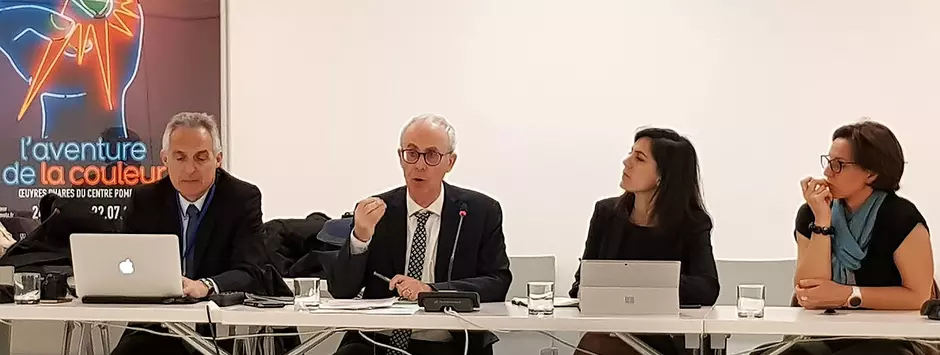
In the run-up to the G7 Summit in Biarritz, which will be attended by the heads of state and governments of the seven member countries (Germany, Canada, United States, France, Italy, Japan, United Kingdom) and the European Union on 24-26 August, a G7 Environment on Fighting inequality by protecting biodiversity and climate was organised on 5 and 6 May in Metz. Veolia's Sustainable Development Director, Pierre Victoria, spoke at the Business and Biodiversity conference as a member of the Act4nature initiative launched by Entreprises pour l’environnement (EpE).
Act4nature allows Veolia to scale up to better include biodiversity in its offerings, business models, and organisation, including through the use of external business alliances to develop more ambitious projects.
Through its three businesses - water, waste management, and energy services - Veolia aims to promote integrated offers to create local circular economy loops in regions.

Biodiversity integrated with on-site activity
In China, 50 km from Beijing, Veolia has developed eight hectares of terraced wetland to restore biodiversity by phytoremediation on Sinopec's petrochemical site. The quality of the water supplied to the customer is based on the ecosystem’s ability to clean wastewater. This is an example of how biodiversity can be fully integrated into industrial activity.
In Châlons-en-Champagne, east France, at the exit of the new wastewater treatment plant on the banks of the Marne, a wetland allows the development of biodiversity and stabilises riverbanks in the event of flooding or drought. The Ludres landfill is planted with 400 forest plants, 260 shrubs of local species with seven ponds and a school orchard in partnership with the Lorraine Les croqueurs de pommes association.
Going beyond simply returning the environment to its original state
Environmental regulations make it possible to invent new solutions for biodiversity. Veolia is in charge of the post-operation of landfill sites in Europe; as such, it is developing new biodiversity areas ‘with a positive net footprint’ on these sites. However, Veolia is going beyond simply returning the environment to its original state: it is creating an environment that was not there before.
Find out more
Protecting Ecosystems and Biodiversity
The 2019 G7 Environment in France
The Metz Charter on Biodiversity was signed on 6 May 2019 by the G7 ministers and the European Commission members in charge of the Environment as well as the Ministers of the Environment of Chile, Fiji, Gabon, Mexico, Niger, and Norway.

